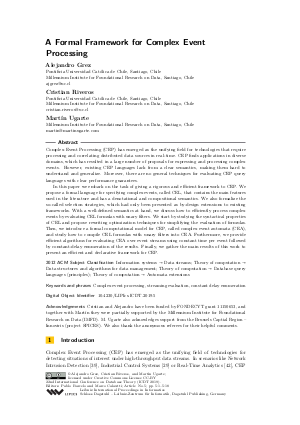LIPIcs.ICDT.2019.5.pdf
- Filesize: 0.56 MB
- 18 pages

 Creative Commons Attribution 3.0 Unported license
Creative Commons Attribution 3.0 Unported license



















































Feedback for Dagstuhl Publishing